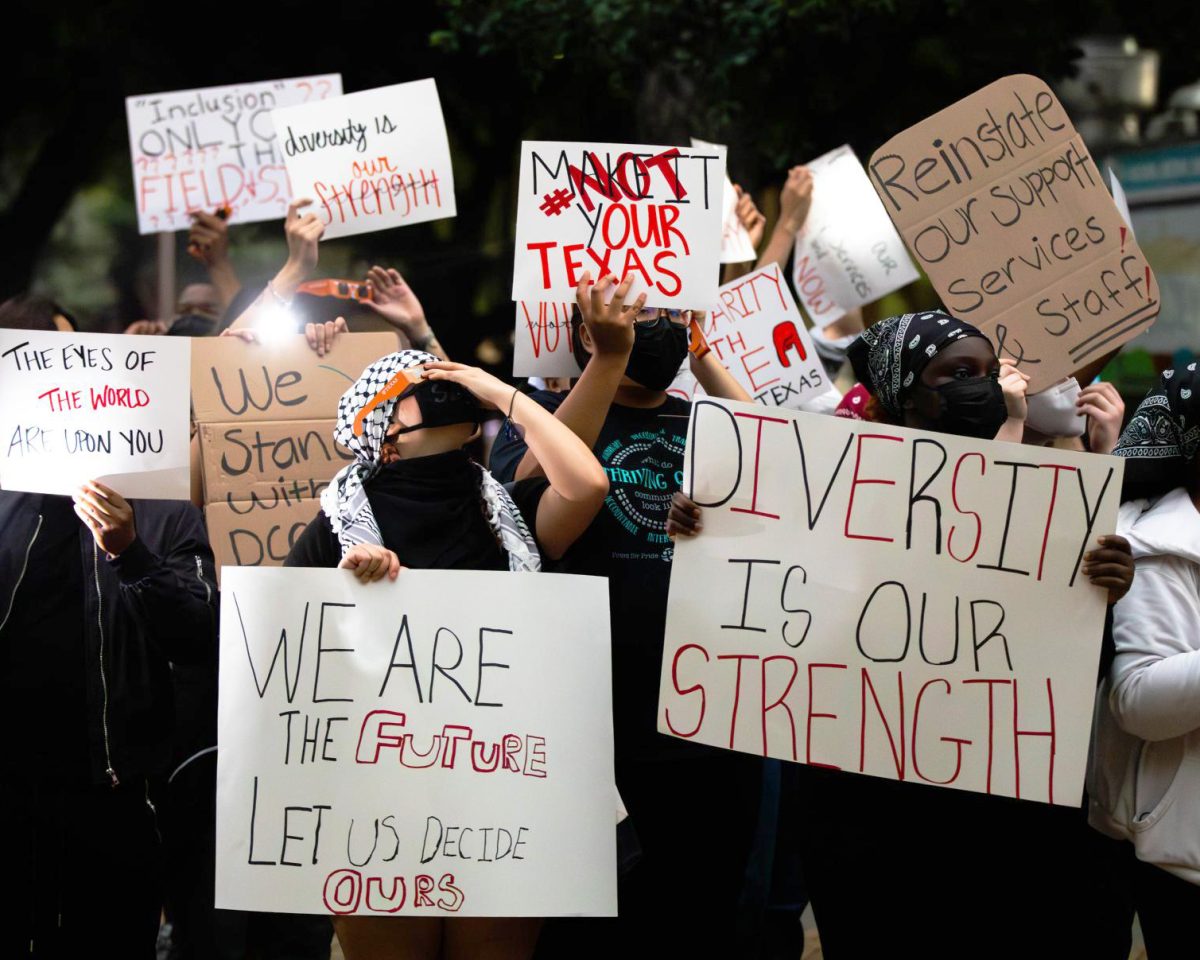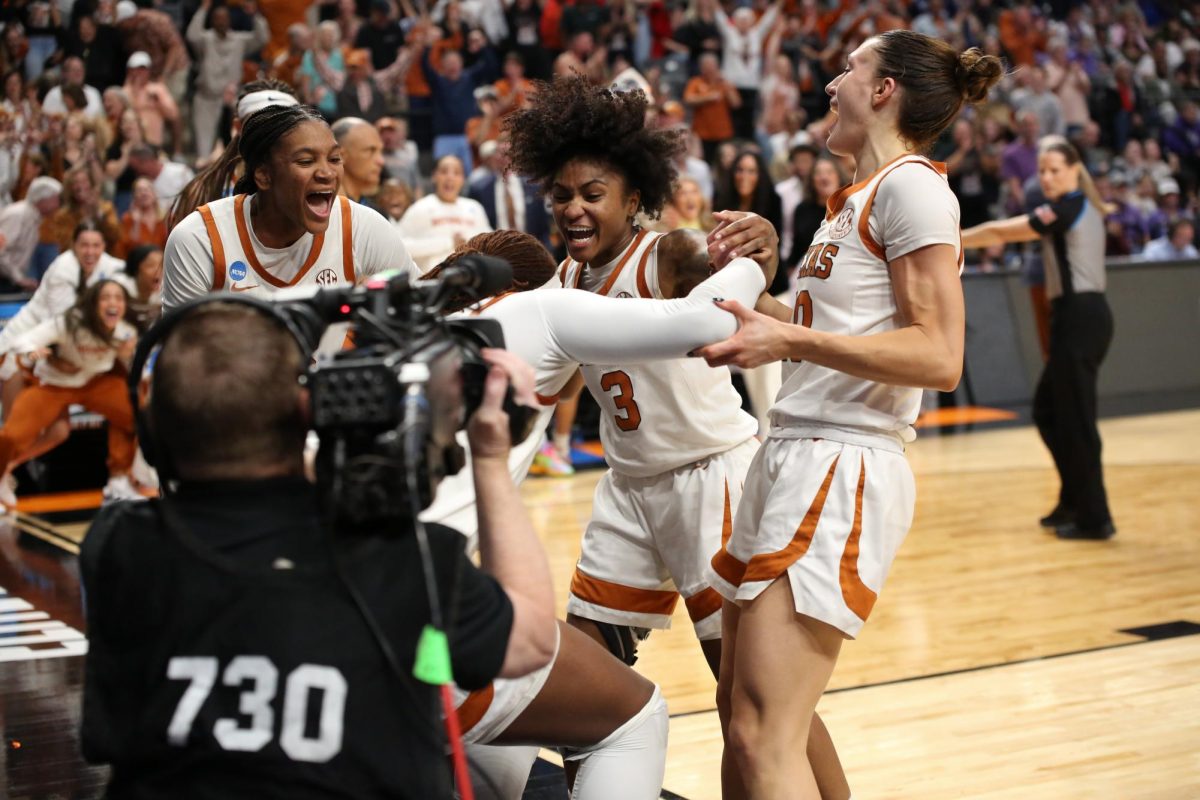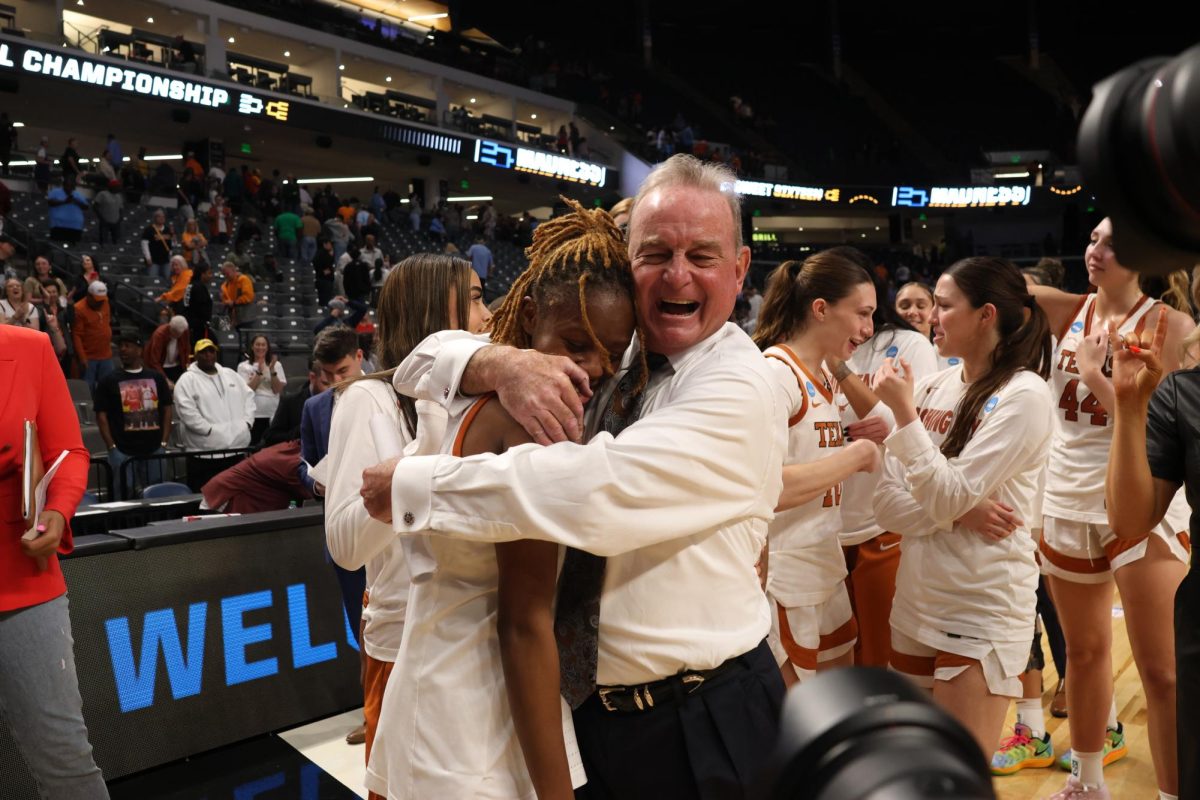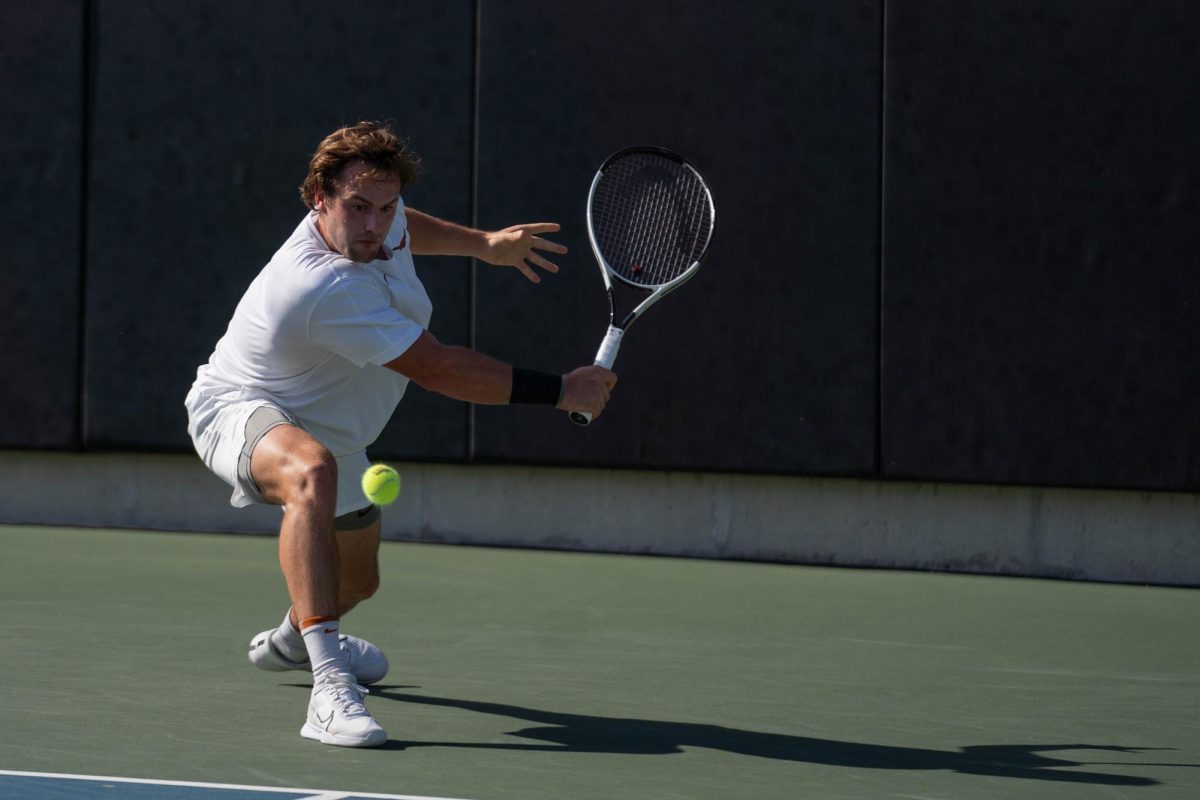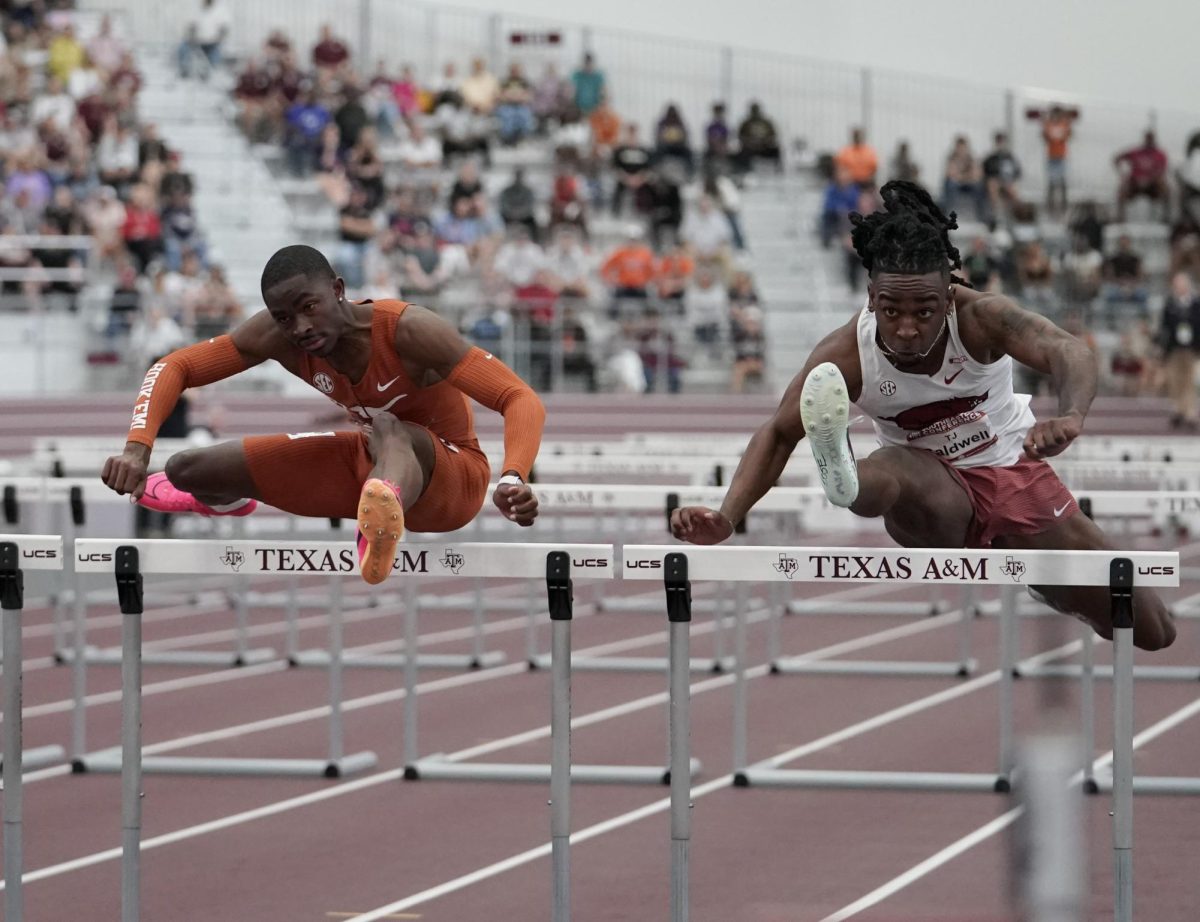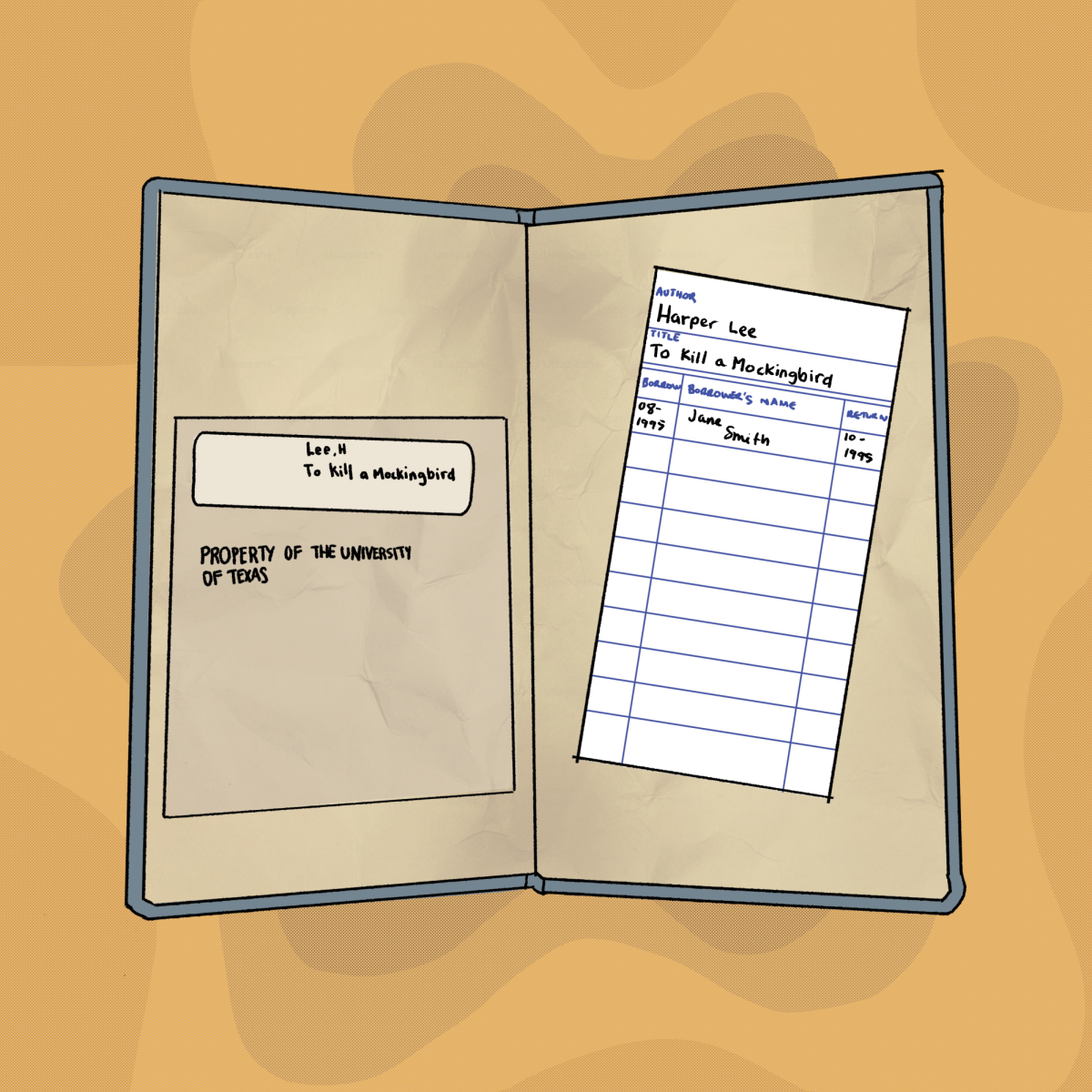The Daily Texan sat down with the director of the new Event Readiness and Response Unit, Joseph LoBrutto, to discuss the role of the new unit in managing campus events and student demonstrations.
LoBrutto declined to answer multiple questions about April’s pro-Palestine demonstrations, citing ongoing litigation. On April 24 and April 29, the University called in city and state police to quell the protests, leading to 136 arrests for criminal trespassing across two days. County Attorney Delia Garza has since dropped all criminal trespassing charges.
This interview has been edited for length and clarity.
The Daily Texan: There’s been a desire within the Office of the Dean of Students for a unit like this long before this past summer. Can you go into some of those reasons?
Joseph LoBrutto: The Dean of Students has had a demonstration response team for about 15 years, and it was a part-time team, an additional responsibility for people. Last year and the beginning of this year, they started to realize that to fully support the students, they needed to have someone dedicated to this. They started to come up with a plan of what that might look like. They looked at the unit having someone (who) could devote about 50% of their time to educational experience and then about 50% of their time to response, and that way, they could provide both.
DT: Is it mandatory for organizations to go through this unit if they want to plan a demonstration?
JL: It is not mandatory at all. We highly encourage it, especially if they think it’s going to be something larger. That way we can ensure that it’s in compliance with everything.
DT: Let’s say I’m a student organizer, and I want to plan a demonstration with you. Can you walk me through the process of how that would go, from the conception of a plan to the end of the event?
JL: If they were willing to meet, I’d like to meet with them in person, sit down and talk about it, what their concept of what they want to do is, then I’m going to get them in touch with the appropriate people if we need to reserve a space for them. It’s a public forum so they can come out, but if we want to ensure that where they want to be is someplace they can be, then we’ll try and see if we can reserve that space for them. I make sure that if this is something unique that hasn’t been done before, that I get as much clearance as possible so that it can occur. I’ll be at the event, and I have a team that I work with, so myself, or one of my team leads will be there to make sure everything happens safely. We may not even stay if there are no concerns.
DT: One concern a lot of students have is the role of law enforcement. How, if at all, would you and your unit utilize law enforcement to handle protests?
JL: I don’t have much say in when the law enforcement gets involved, but I am meant to be a resource before it gets to that point. My objective is to do everything so we don’t get to that point. We can meet the objectives of the group and also the objectives of the University, and that way, nobody gets in trouble.
DT: In April, the word disruption was thrown around a lot. Many students don’t understand how the University is interpreting that word. What constitutes a disruption, and who decides what is a disruption?
JL: A lot of it is contextual, but it can be blocking pathways. As an example, the backside of this building has a very narrow entryway – three or four people standing there could block it, but you go to the front, and we could have 30 people, and people can walk by, they can go about their business. It’s going to be based on where you’re at, what’s happening and specifics to the situation. Is the primary goal of the institution being inhibited? Are people not able to attend class? Are they having trouble moving around? Everything is contextual. I can’t say exactly when it would be a no.
DT: After the events of April, with the University calling in law enforcement and taking sanctions and suspending students, a lot of students feel there is a chilling effect of free speech on campus. How does the new unit plan to address that, given its very clearly stated commitment to free speech?
JL: Right now, I’m just trying to reach out as much as possible. If I see events happening, I try to go and meet with the group. I want this to be an environment where they can express themselves, and we can do that meeting those time, place and manner considerations.

